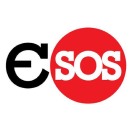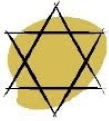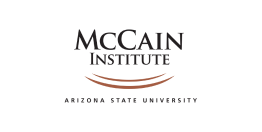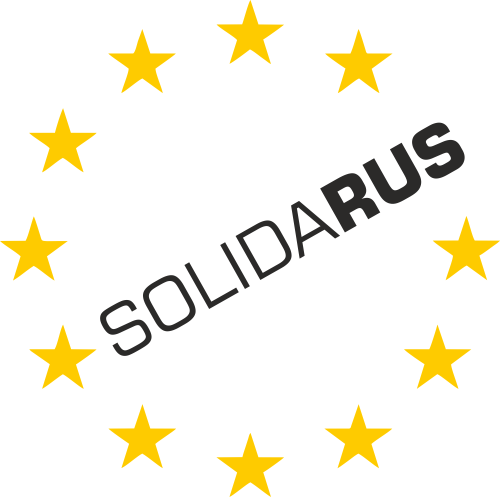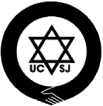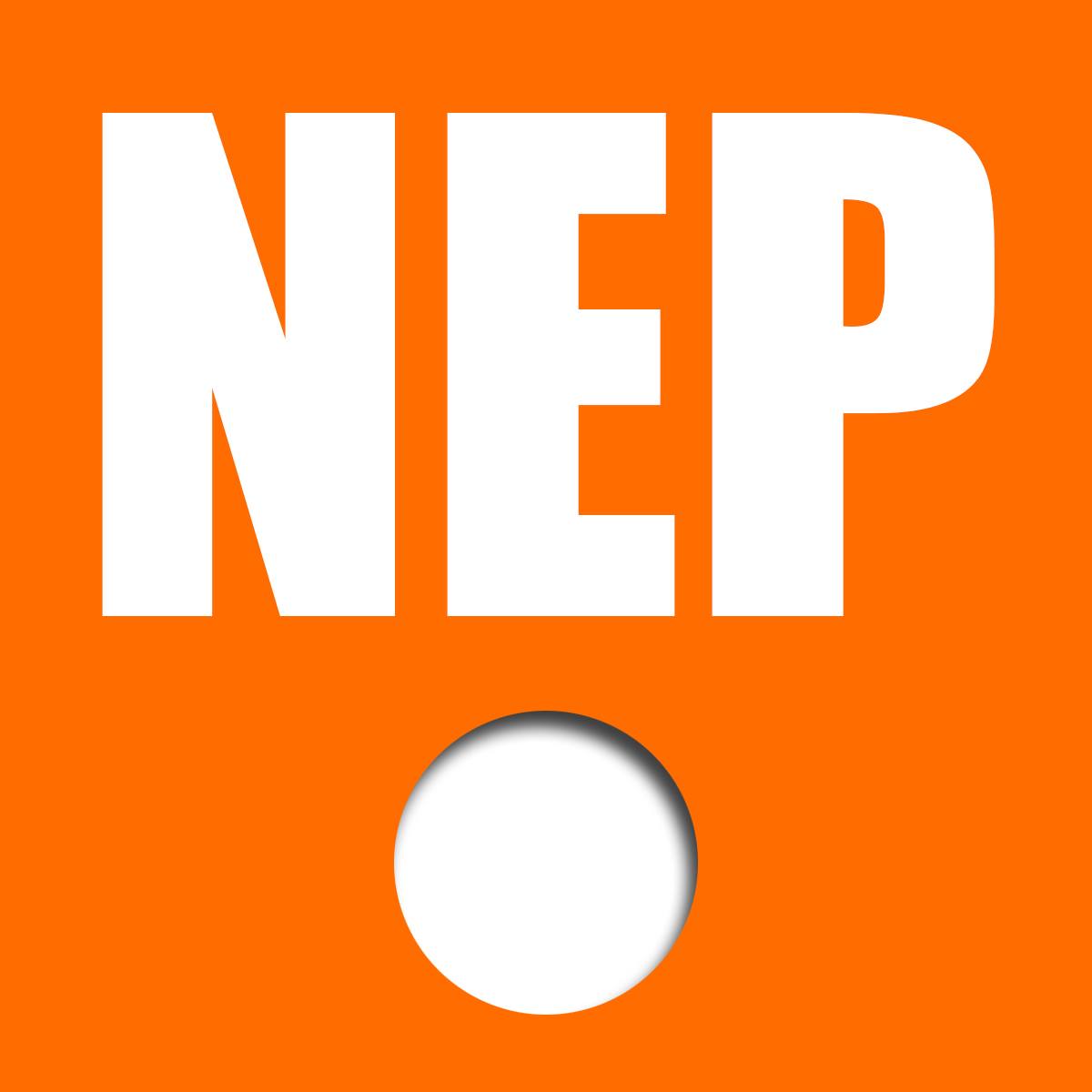The Kremlin’s Political Prisoners: The Case of Nikolai Platoshkin
The Memorial Human Right Center has recognized Nikolai Platoshkin – a left-wing politician and video blogger – as a political prisoner. Platoshkin is unjustly accused of planning mass riots. This charge is politically motivated and related to his oppositional social and political activities.
Nikolai Platoshkin is a former diplomat, doctor of historical sciences, an associate professor, and the Chair of the Department of International Relations and Diplomacy at the Moscow University for the Humanities. He is well-known as a politician and public figure, as well as a popular video blogger espousing “left-patriotic” views, and the leader of movement “For New Socialism”.
In 2019, Platoshkin ran as a candidate to the State Duma of the Russian Federation nominated by the Communist Party, and came in second for his post.
On April 15, 2020, a video titled “Coronavirus. Latest news from regions. Conference call of the For New Socialism movement” was posted on Platoshkin’s YouTube channel. This video became the pretext for the start of his criminal prosecution.
According to investigators, Platoshkin publicly disseminated information about measures to combat coronavirus infection that he knew was false (Article 207.1 of the Criminal Code of the Russian Federation, up to three years in prison). “He spread deliberately false information on the illegal measures taken by the authorities of the Russian Federation, as well as the authorities of Moscow, namely, preventing people from leaving their residences, claiming that the real reason for the ban was hospitals’ inability to cope not only with COVID-19 patients, but even with other common diseases; as well as spreading deliberately false information regarding the closure of the entire city, right and wrong, sick and healthy in their premises… he himself has acknowledged that his allegations could cause panic, confusion among citizens and may threaten public safety.”
In addition, the allegations claim that he called on citizens “to engage in mass riots and participate in them under the guise of protest rallies in Moscow and other constituent entities of the Russian Federation” (Part 1.1 of Article 212 of the Criminal Code of the Russian Federation, up to 10 years in prison).
Since June 4, 2020, Nikolai Platoshkin has remained under a house arrest.
Why does the Memorial Human Rights Center consider Platoshkin a political prisoner?
The Memorial Human Rights Center has analyzed the video posted on Platoshkin’s YouTube channel, which is at the center of allegations against him, and has found that it contains no planning for riots or calls for violent actions.
The video does contain criticisms of authorities, which is an inalienable right guaranteed by Russian and international law.
Therefore, the Memorial Human Rights Center joins Amnesty International, an international human rights organization, in recognizing Platoshkin as a prisoner of conscience.
The Memorial Human Right Center has established that “in March-April 2020, under the pretext of combating the coronavirus epidemic, the federal center and regional authorities have unleashed an unprecedented crackdown on the rights and freedoms enshrined in the Constitution of the Russian Federation, and adopted a number of repressive acts and introduced vague and potentially extremely dangerous amendments to the Criminal Code, the Code of Administrative Offenses and regional codes of administrative offenses. ” A newly-introduced Article 207.1 of the Criminal Code, which became the basis of one of the charges brought against Platoshkin, has already emerged as a pervasive instrument of repression. Article 207.1 of the Criminal Code is one of the most illegal articles of the Criminal Code and should be repealed immediately.
The intent of Article 207.1 of the Criminal Code, in fact, is no different from that of Parts 9–11 of Article 13.15 of the Administrative Code (‘Abuse of freedom of the media’.) It introduces extreme legal uncertainty and makes it impossible for a person to predict in advance exactly what actions would constitute a crime, which contradicts the objectives of the Criminal Law of Russia.
The political motive behind the persecution of Nikolai Platoshkin is clear. He is a well-known politician, a leader of the opposition organization and a popular video blogger, whose YouTube channel had 476,000 subscribers at the time of his arrest (now, the number of subscribers exceeds half a million.) In the months preceding the opening of the criminal case, Platoshkin had become increasingly vocal in his opposition views and criticism of the government and the President of the Russian Federation. He had urged his viewers to vote against the proposed amendments to the Constitution and the annulment of Putin’s terms, to go to rallies demanding Putin’s resignation. Two days before the arrest, Platoshkin had announced his intention to run in the next presidential election. If convicted under Part 1.1 of Article 212 of the Criminal Code, he would be disqualified from running in elections until at least 2030.
The Memorial Human Right Center, in accordance with international guidelines for defining “political prisoner,” finds this criminal case politically motivated whose goal is to stop public activity of Nikolai Platoshkin. We demand an immediate end to his criminal prosecution and release of the politician from house arrest. We call for the removal of the unlawful Article 207.1 from the Criminal Code of the Russian Federation.



